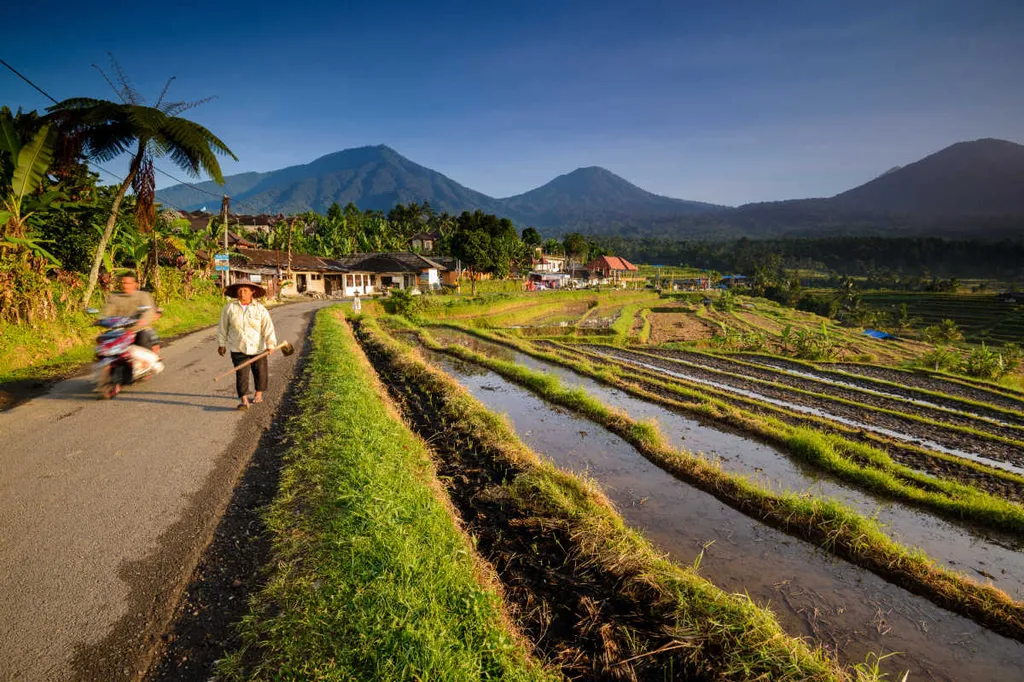In the heart of Indonesia’s bustling tourism economies, a silent revolution is brewing, one that could redefine the way agri-food value chains operate. A recent study, led by I Made Supartha Utama from the Department of Agricultural Engineering and Biosystem at the University of Udayana in Denpasar, Indonesia, has shed light on the intricate dynamics of farm-to-HORECA (Hotels, Restaurants, and Catering) value chains. The research, published in *Frontiers in Sustainable Food Systems* (which translates to *Journal of Sustainable Food Systems* in English), offers a compelling narrative of challenges and opportunities that could shape the future of sustainable agribusiness in tourism-driven economies.
The study, which surveyed 370 respondents and conducted 60 in-depth interviews across Bali, Lombok-West Nusa Tenggara (WNT), and North Sulawesi, reveals a landscape ripe for transformation. “We found that 91.1% of farmers rely on personal savings, and only 16.9% of in-chain actors have adopted new technologies in the past five years,” Utama explains. This stark reality underscores the pressing need for financial inclusion and digital innovation in the sector.
One of the most striking findings is the lack of formal collaboration among value chain actors. “Formal collaboration remains extremely limited,” Utama notes, highlighting a critical bottleneck that hampers the efficiency and sustainability of these value chains. Despite this, HORECA actors demonstrate operational resilience and a commitment to inclusive principles, albeit with weak upstream engagement.
The study also uncovers significant correlations between inclusivity, organizational innovation, and perceptions of regional development. “We found correlations of r ≥ 0.6 between these factors,” Utama reveals, suggesting that fostering inclusivity and innovation could drive regional development and strengthen value chain connectivity.
So, what does this mean for the future of agri-food value chains in tourism-driven economies? The study underscores the need for integrated interventions, combining localized policy support, financial inclusion tools, digital platforms, and cooperative governance models. By identifying leverage points across farm, midstream, and market segments, this research offers actionable insights for achieving Sustainable Development Goals (SDGs) 2 (Zero Hunger), 12 (Responsible Consumption and Production), and 17 (Partnerships for the Goals).
As the world grapples with the challenges of climate change, food security, and sustainable consumption, this study serves as a beacon of hope. It highlights the potential of sustainable value chains to drive inclusive rural-urban linkages and foster resilient agri-food systems. By embracing digital innovation, financial inclusion, and collaborative governance, tourism-dependent economies like Indonesia can pave the way for a more sustainable and inclusive future.
In the words of Utama, “This study is not just about identifying bottlenecks; it’s about unlocking the potential of sustainable value chains to drive regional development and achieve the SDGs.” As we look to the future, the lessons from this research could shape the trajectory of agribusiness in tourism-driven economies, offering a blueprint for sustainable growth and inclusive development.

